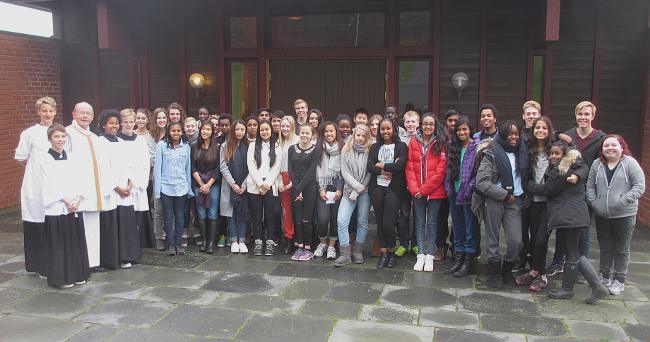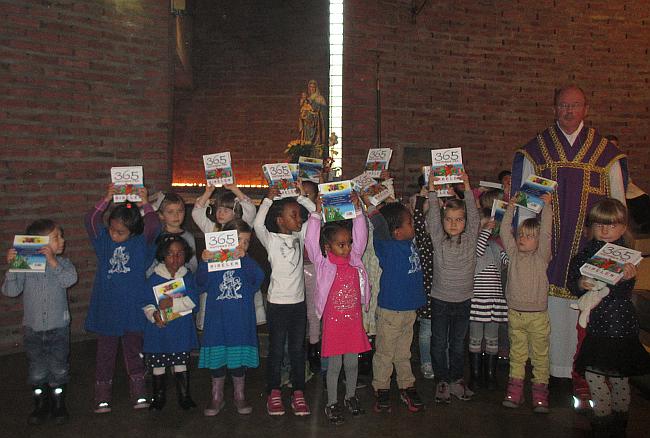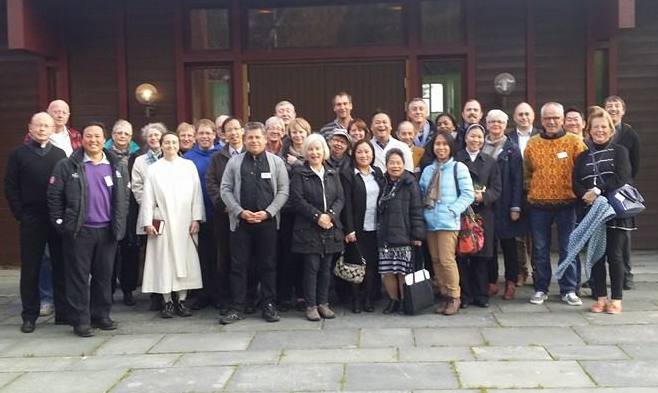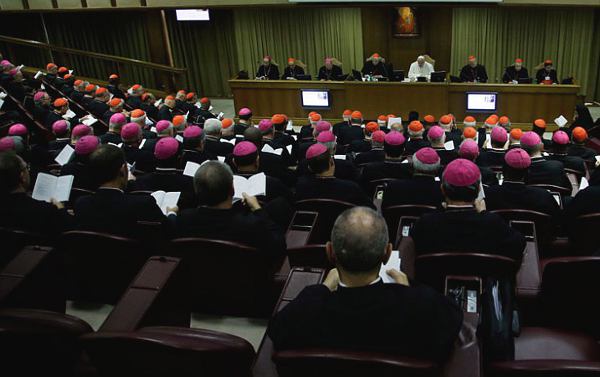Mer om brannen på Nordstrand
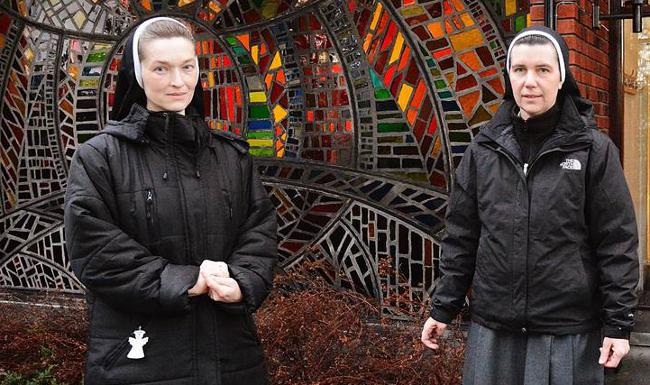
Avisa Dagen skriver mer om brannen hos Elisabethsøstrene på Nordstrand. Bl.a.:
Søster Katarina Hodyr er priorinne ved klosteret på Munkerud på Nordstrand i Oslo. Hun har bare vært leder for virksomheten et par måneder og hadde knapt rukket å bli kjent med sin nye arbeidsplass da St. Elisabethhjemmet lørdag formiddag ble rammet av brann.
Hennes eget rom på toppen av bygningen er blant dem som ble totalskadet i brannen – men hun er mest opptatt av de andre som bodde i boligdelen av klosteret.
Søster Katarina hadde ikke klare forestillinger om hva som ville møte henne da hun gikk for å se nøyere på skadene da slukkingen var over.
– Jeg visste ikke noe, men brannmannskapene forberedte meg på hva jeg ville få se. Likevel er det én ting å høre hva som har skjedd, men noe annet å møte virkeligheten og se hvordan den ser ut. Jeg opplevde det som et sjokk. Rommene er berørt i forskjellig grad, men det ser dramatisk ut enkelte steder der inne. Men jeg kunne ikke forestille meg omfanget av skadene før jeg så dem, sier priorinnen med tårer i øynene. … …
Også søster Natanaela Hess, priorinnens nestkommanderende, eller såkalt provinsvikar for Elisabethsøstrene i Norge, er sterkt berørt. Hun var bortreist da brannen oppsto, men sier at også hun fikk sjokk da hun ankom klosteret mandag.
– Det var mer enn dramatisk. Det er jo totalskadet, sier hun til Dagen onsdag. …..
… Boligdelen ble bygget i 1974, mens tilbygget kom i 1996. Det er boligdelen som totalskadet i brannen, mens tilbygget er uskadd. …..
Konstruksjonen i den skadde delen er i betong og murstein, men det er også brukt materialer av tre, og en del skader er lette å se utenfra. De største skadene er imidlertid innvendig, og omfanget av brann-, røyk-, sot- og vannskader er stort.
Arbeidet er godt i gang med å sikre det som kan berges ut. Siden prosessen med skadebegrensning akkurat er kommet i gang, er det for tidlig å si hvor store skadene er. Bygningen er imidlertid fullverdiforsikret og vil bli renovert.
– Har dere rukket å tenke på hvordan dette skal repareres, og når kan det skje?
– Det er vanskelig å forutsi hvor fort det kan gå, men våre første vurderinger er at vi ikke kan flytte inn igjen før tidlig i 2016. …

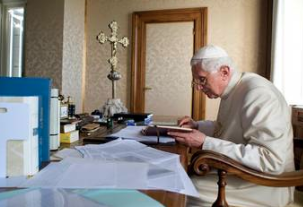 Tidligere i år brukte kardinal Kasper en artikkel av en 40-år gammel teolog i 1972 (p. Ratzinger), til å argumentere for at gjengifte katolikker likevel kan motta kommunion – det har vært mye skrevet om dette både under kardinalmøtet i februar og under bispesynoden i oktober. Nå viser det seg at Ratzinger/Benedikt har skrevet om hele konklusjonen på sin artikkel fra 1972.
Tidligere i år brukte kardinal Kasper en artikkel av en 40-år gammel teolog i 1972 (p. Ratzinger), til å argumentere for at gjengifte katolikker likevel kan motta kommunion – det har vært mye skrevet om dette både under kardinalmøtet i februar og under bispesynoden i oktober. Nå viser det seg at Ratzinger/Benedikt har skrevet om hele konklusjonen på sin artikkel fra 1972. 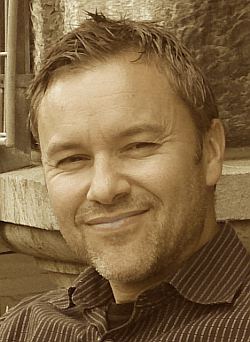 Jeg leste nyheten
Jeg leste nyheten  Etter bispesynoden for noen uker siden har flere viktige biskoper/ kardinaler rundt om i verden begynt å undere seg over hva pave Frans egentlig ønsker. I et intervju med den svært kjente «vatikanisten» Sandro Magister – som bl.a. står bak
Etter bispesynoden for noen uker siden har flere viktige biskoper/ kardinaler rundt om i verden begynt å undere seg over hva pave Frans egentlig ønsker. I et intervju med den svært kjente «vatikanisten» Sandro Magister – som bl.a. står bak 